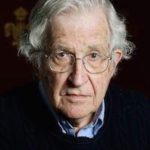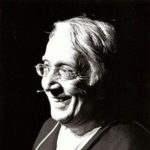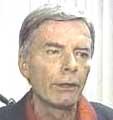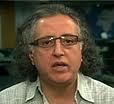Linguistics and Politics
Chomsky’s linguistic theory has been widely successful in transforming the field and establishing it as a natural science. Chomsky claims that the acquisition of language is an intrinsic part of our biology and that this facility has acquired near-perfect computational efficiency through natural selection. In this talk, Chomsky elaborates on this property of language as a part of the “Universal Grammar”, and argues that the future of linguistics lies in studying these internal properties rather than its externalizations, which is what the field has primarily focused on until recent history. The unique aspects of human language are similar to the unique aspects of human nature in that they both possess a creative element at their core. In the latter part of this talk, Chomsky discusses a number of social and political issues from wage slavery to media control and surveillance.
Recorded at MIT.
Speaker

Noam Chomsky
Noam Chomsky, by any measure, has led a most extraordinary life. In one index he is ranked as the eighth most cited person in history, right up there with Aristotle, Shakespeare, Marx, Plato and Freud. His contributions to modern linguistics are legendary. In addition to his pioneering work in that field, he has been a leading voice for peace and social justice for many decades. Chris Hedges says he is “America’s greatest intellectual” who “makes the powerful, as well as their liberal apologists, deeply uncomfortable.” The New Statesman calls him “the conscience of the American people.” He is Professor Emeritus in the Department of Linguistics and Philosophy at MIT and Laureate Professor of Linguistics and Haury Chair in the Program in Environment and Social Justice at the University of Arizona. At 95, he continues to inform and inspire people all over the world. He is the author of scores of books, his latest are Consequences of Capitalism, Chronicles of Dissent and Notes on Resistance.






Reviews
There are no reviews yet.